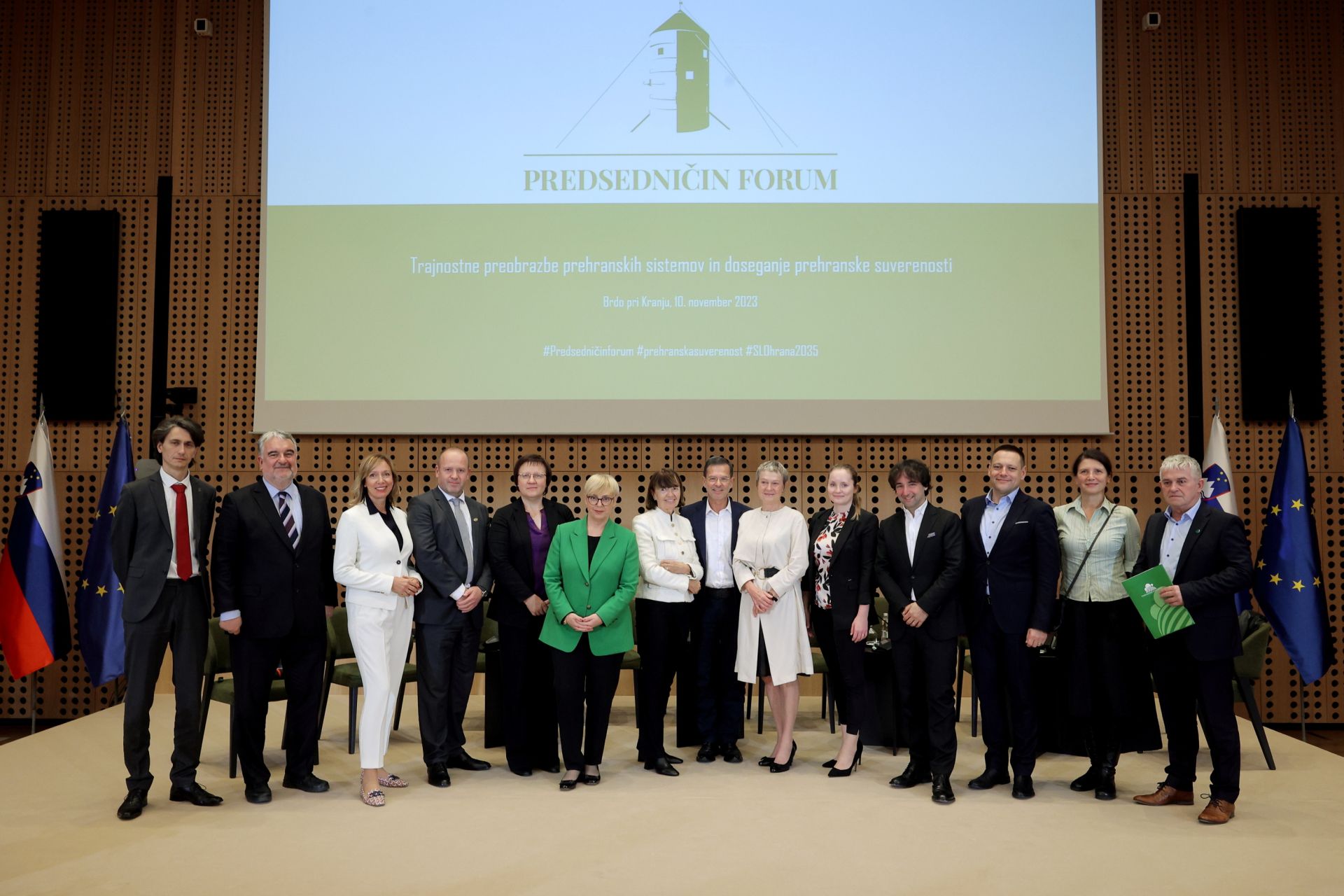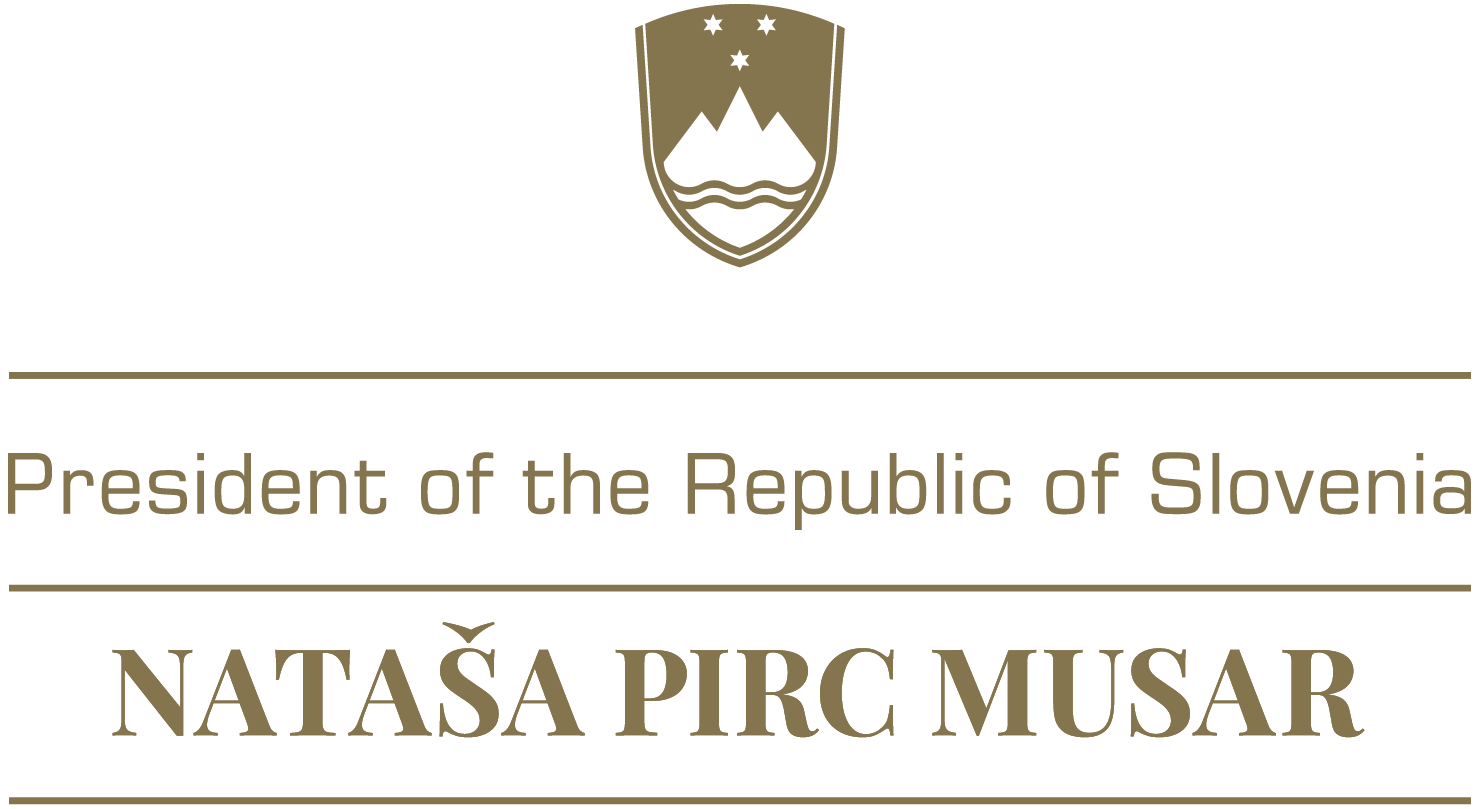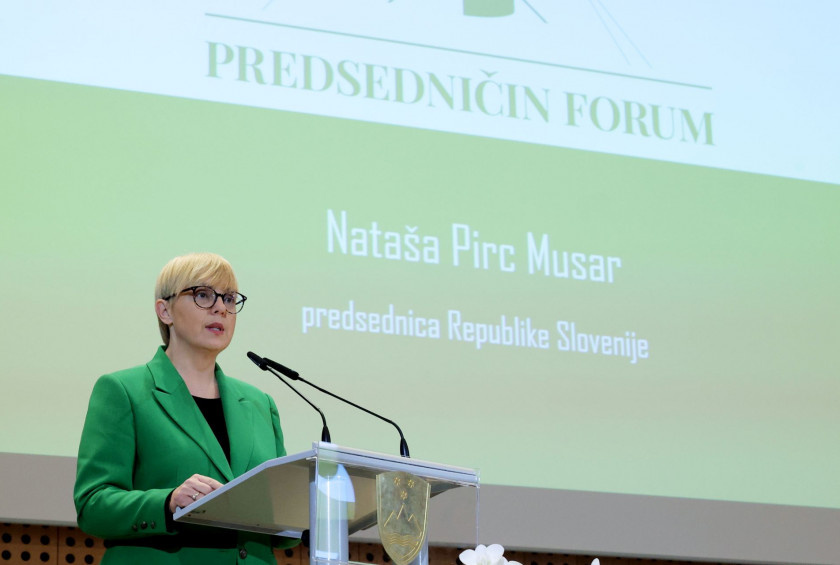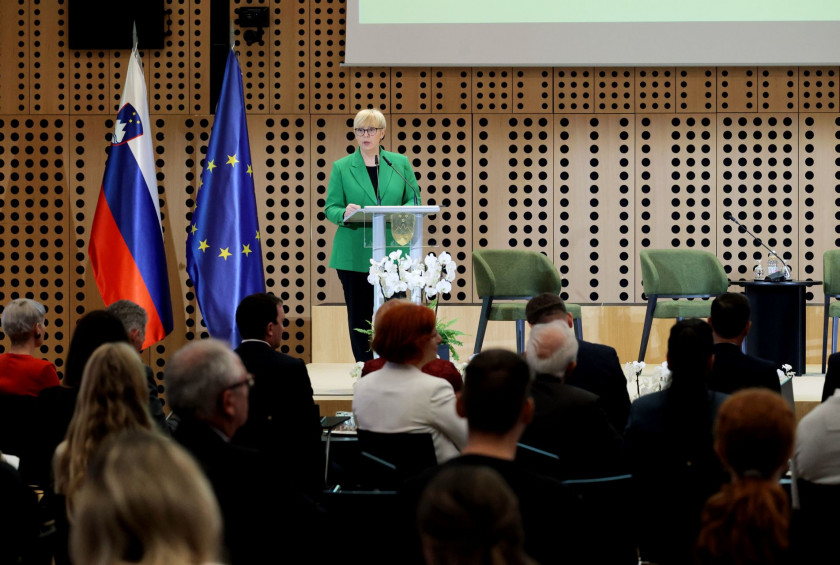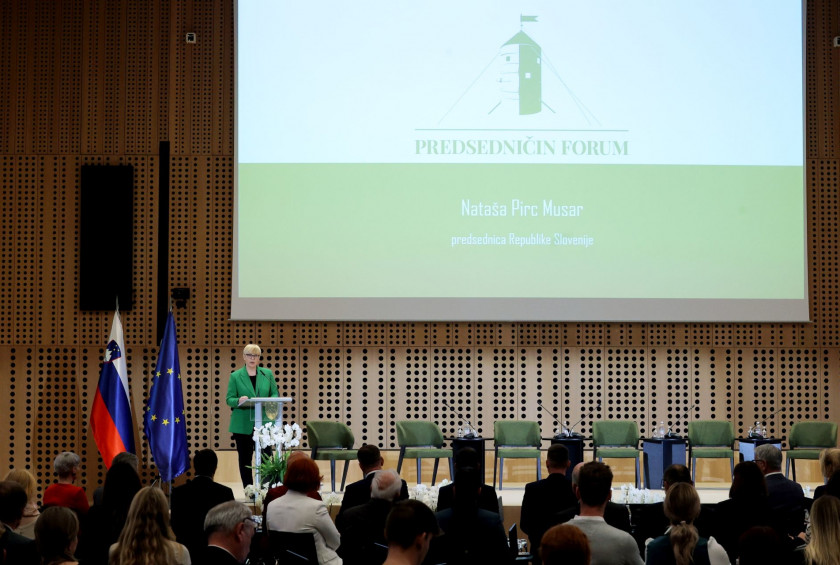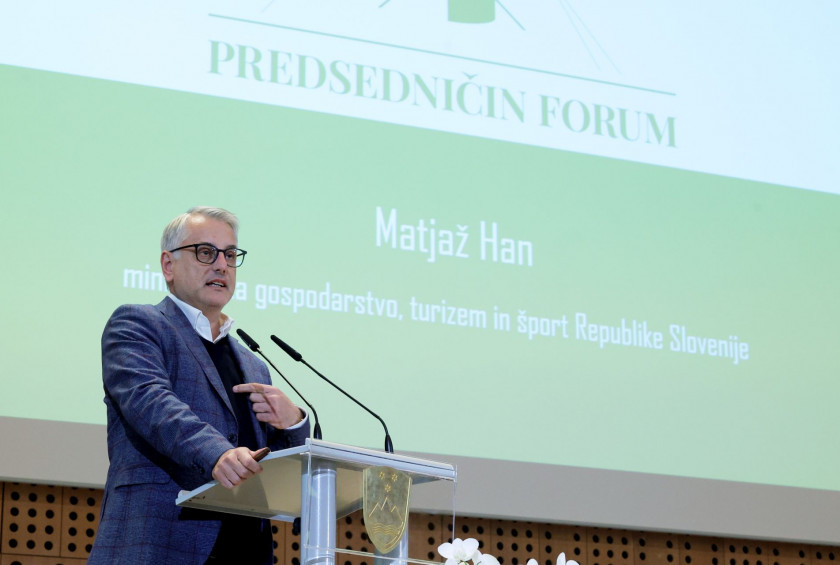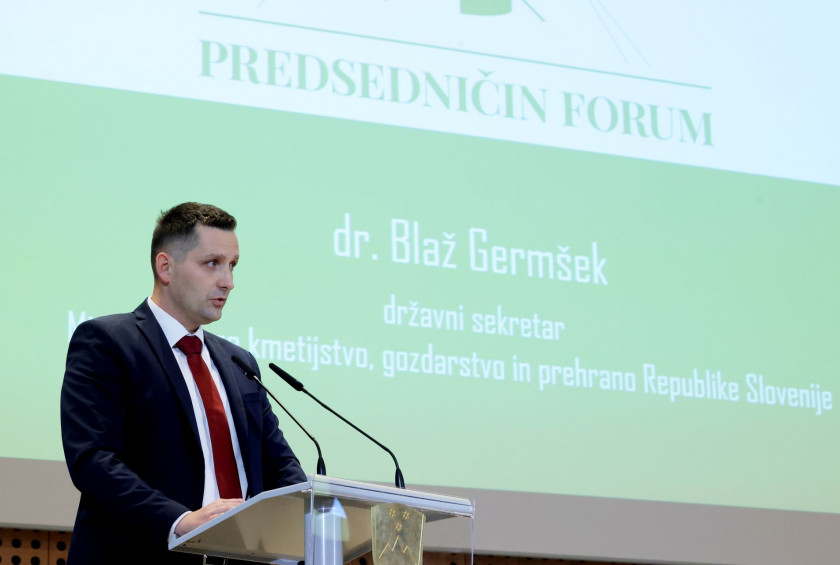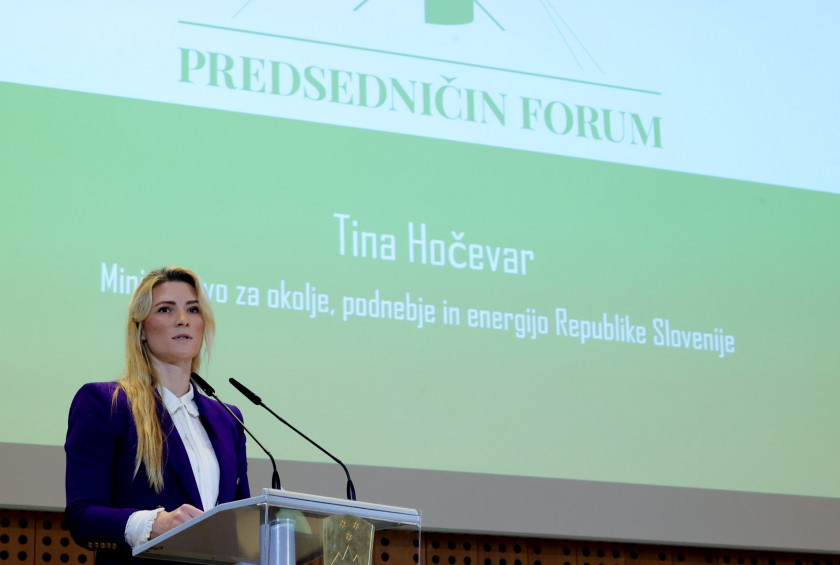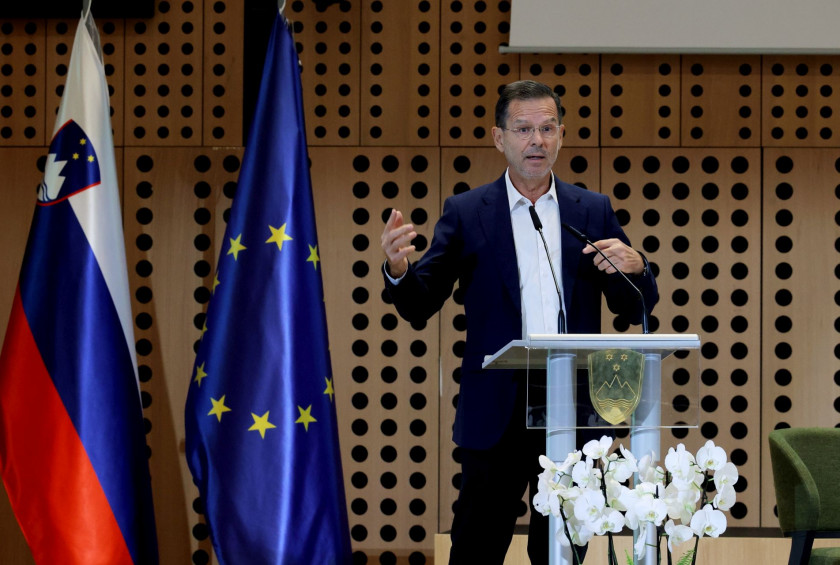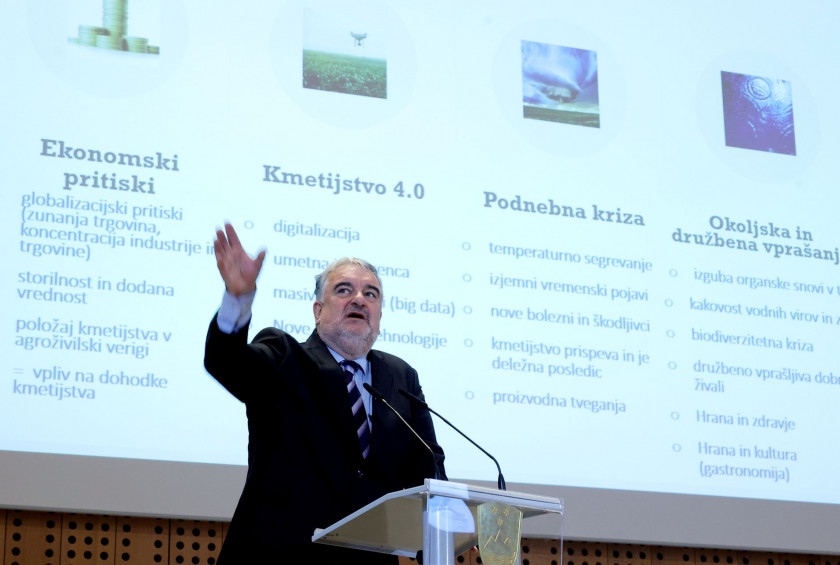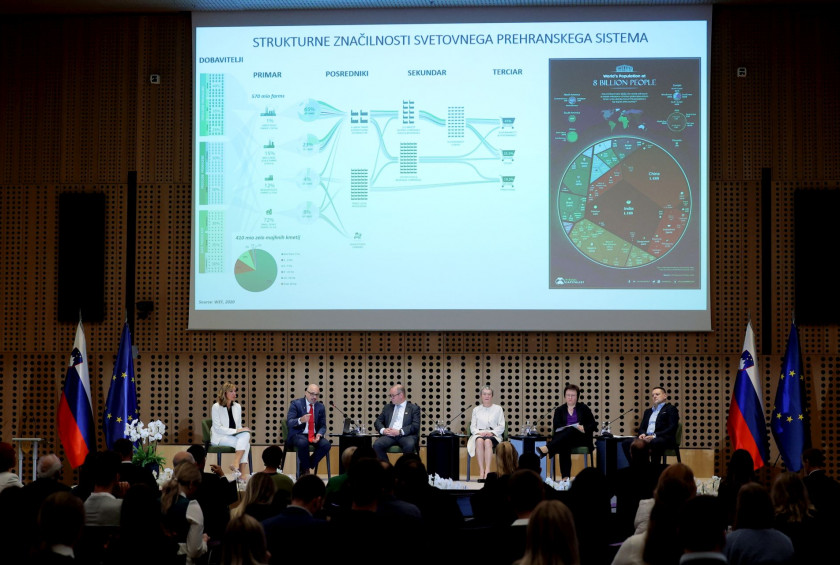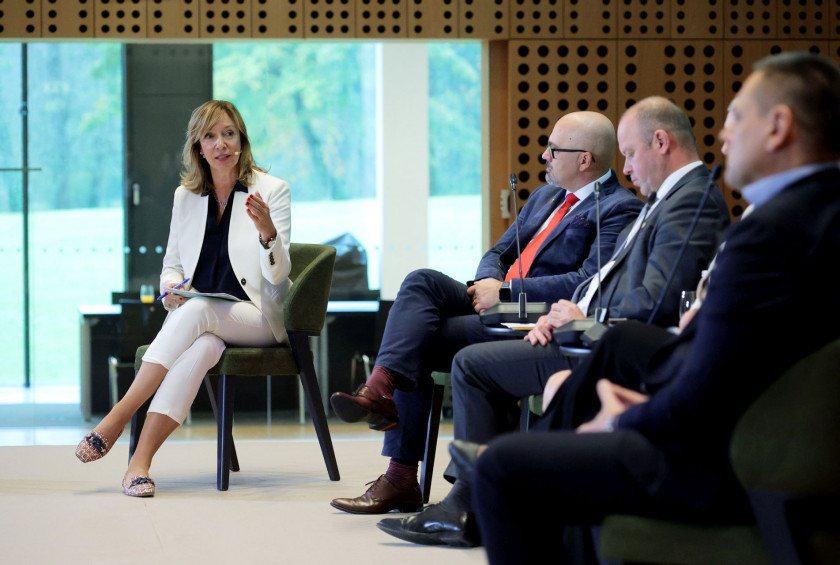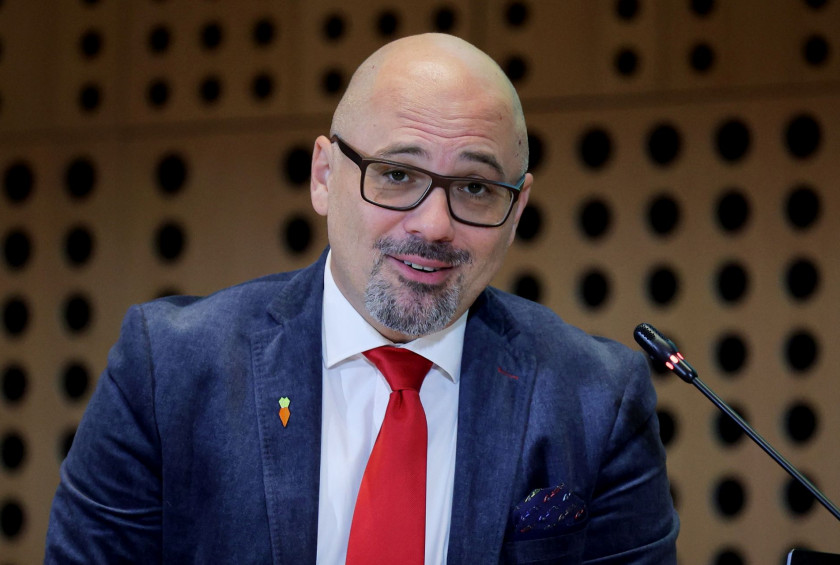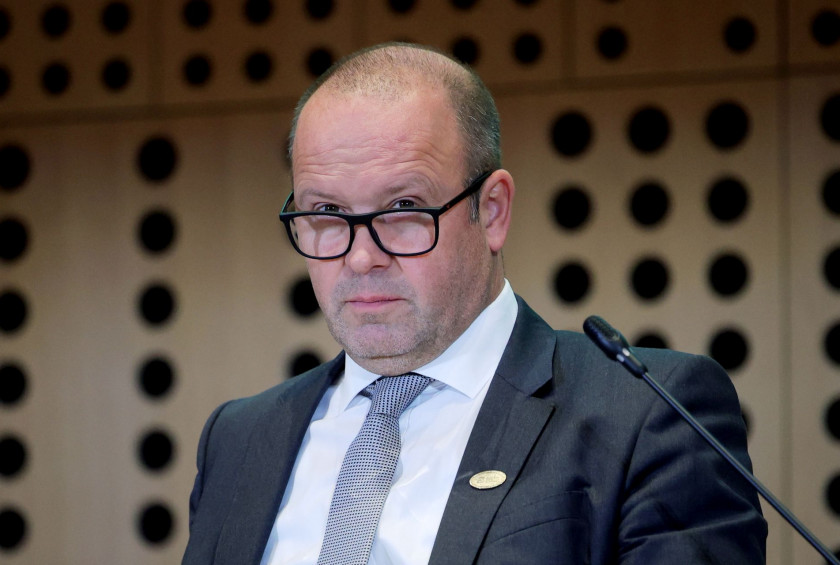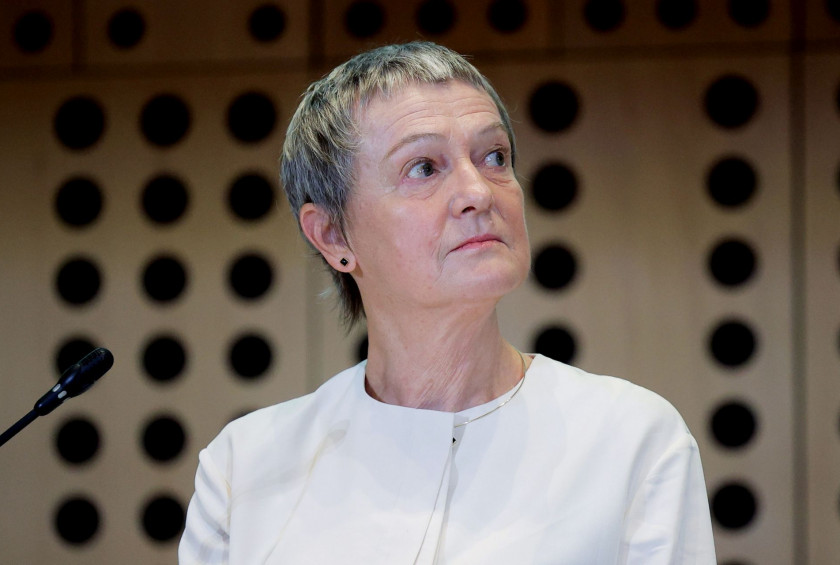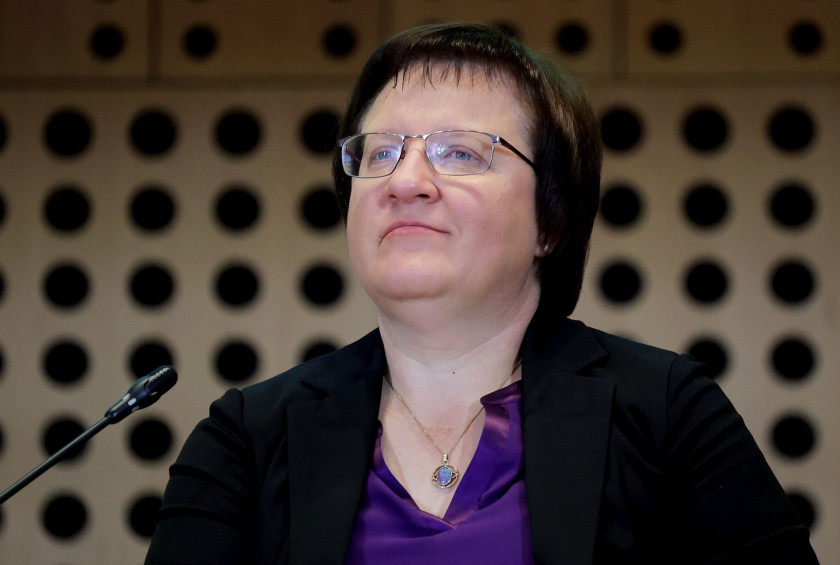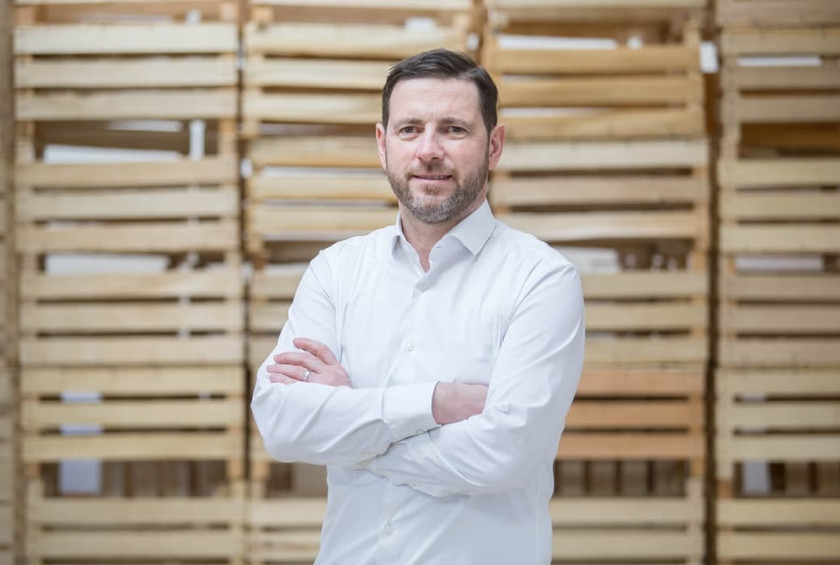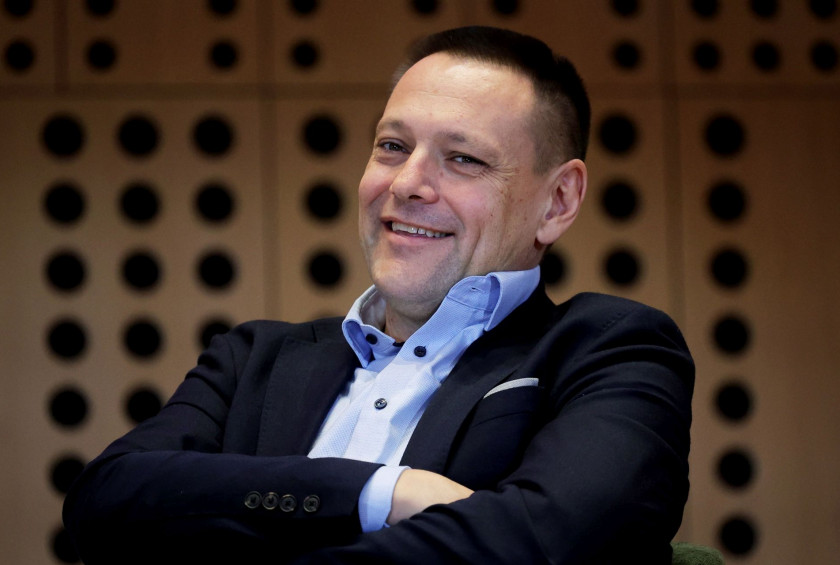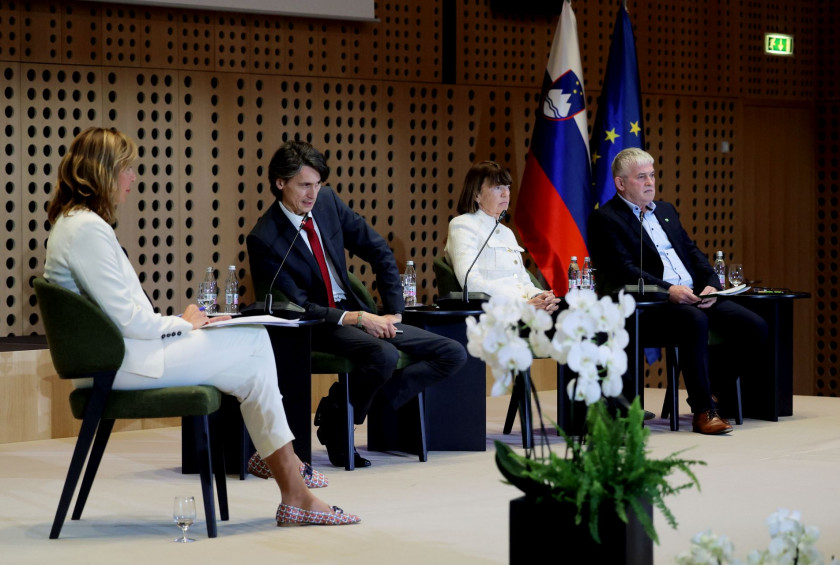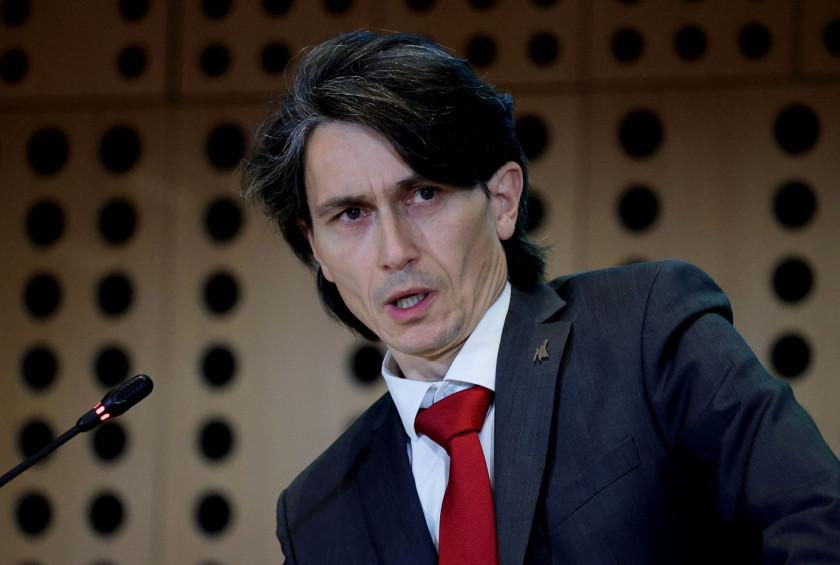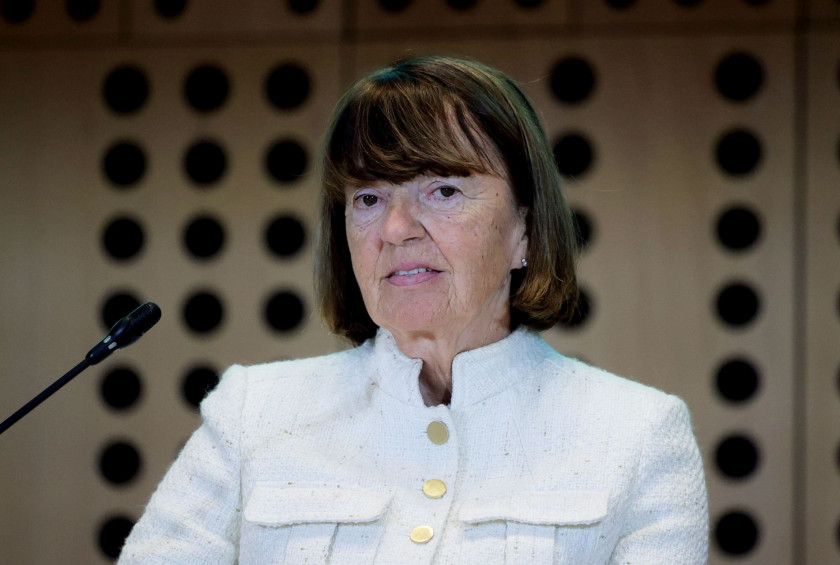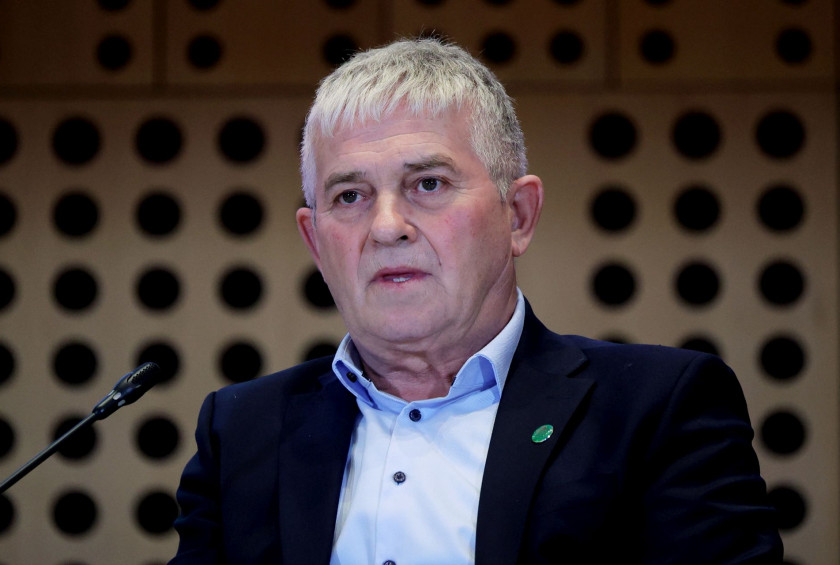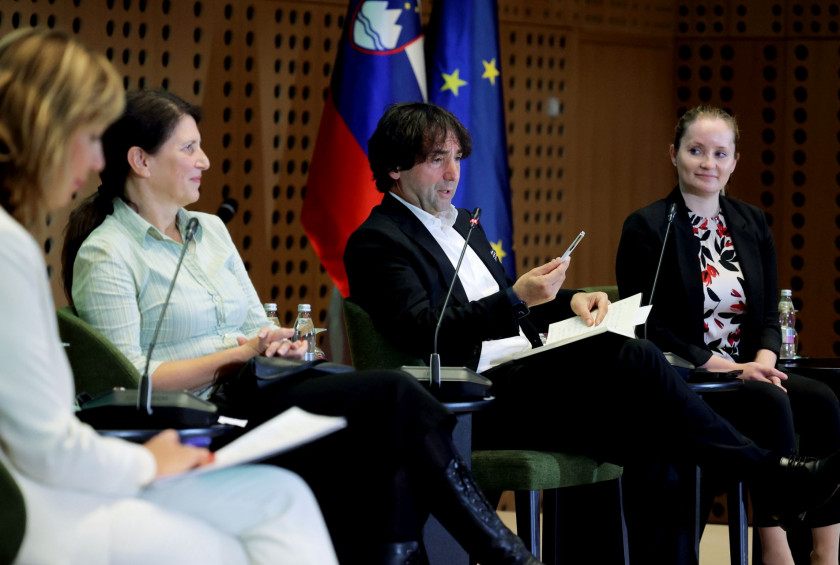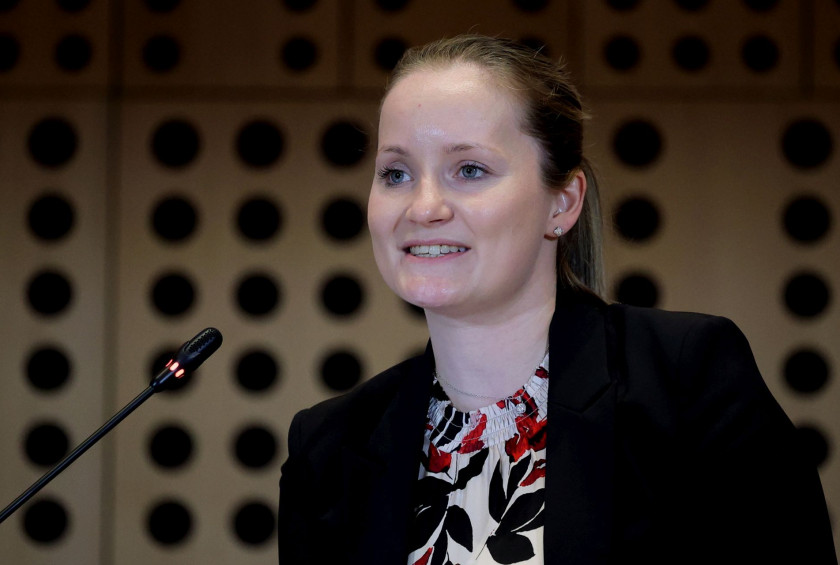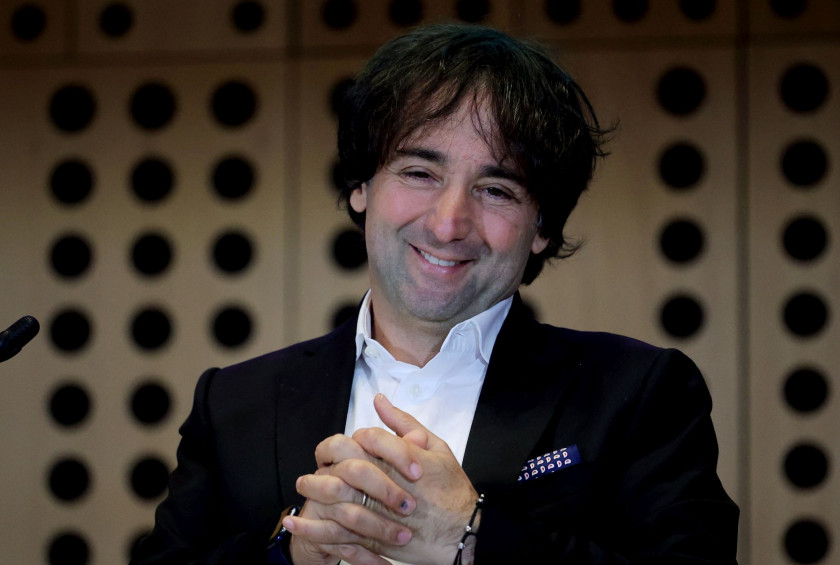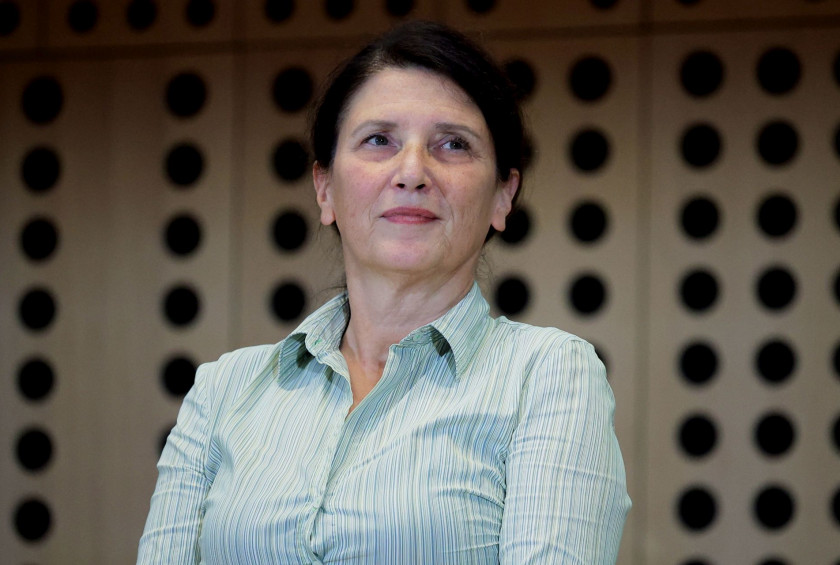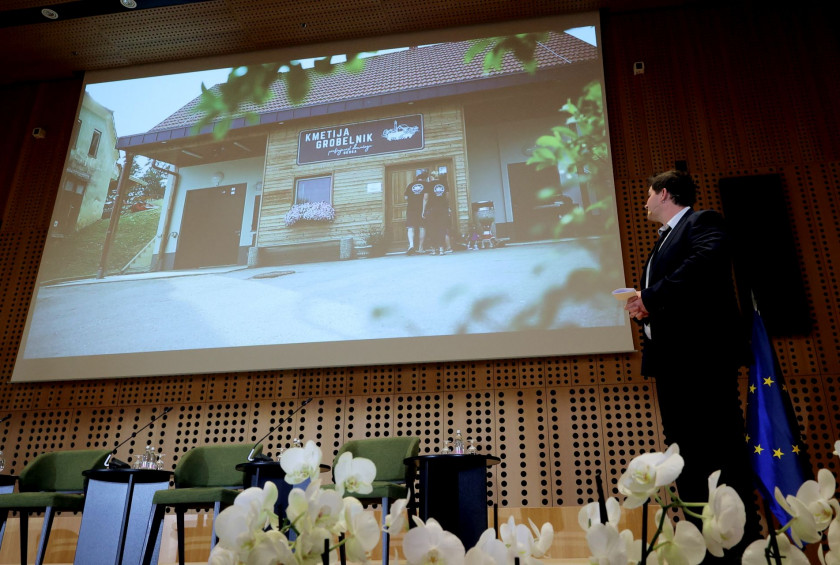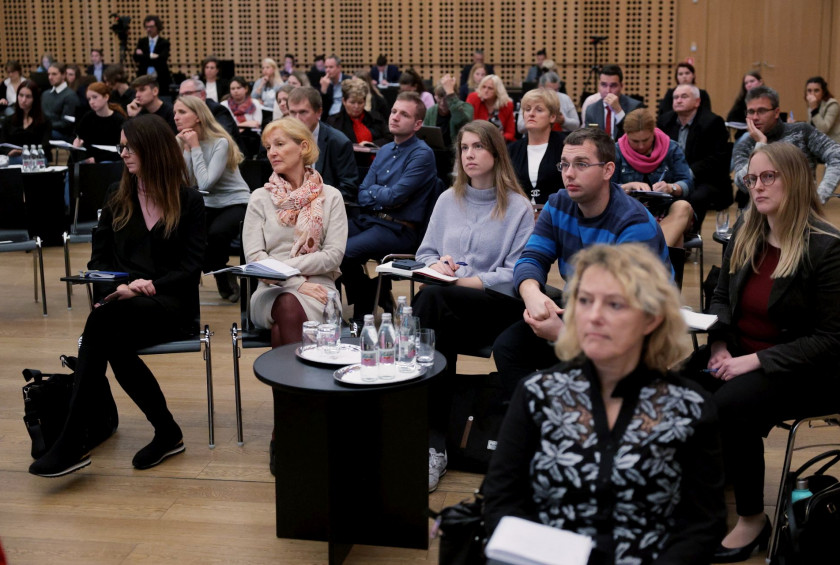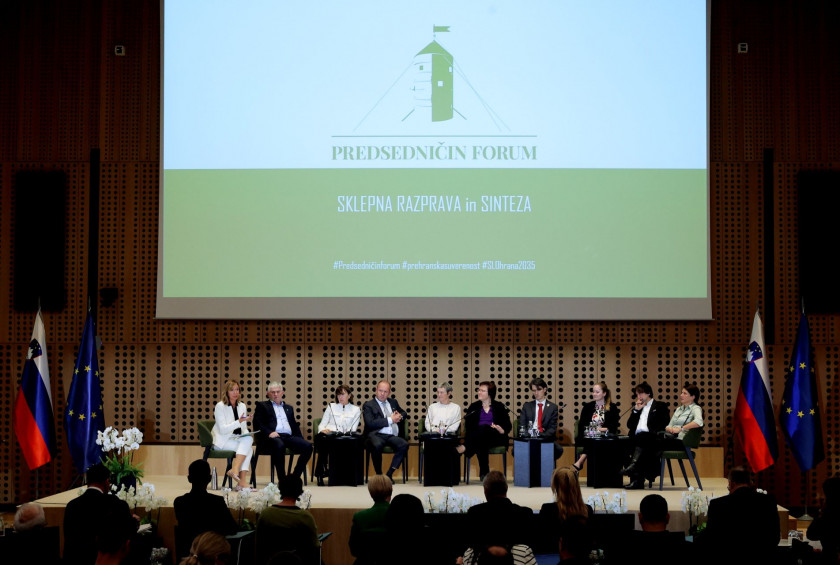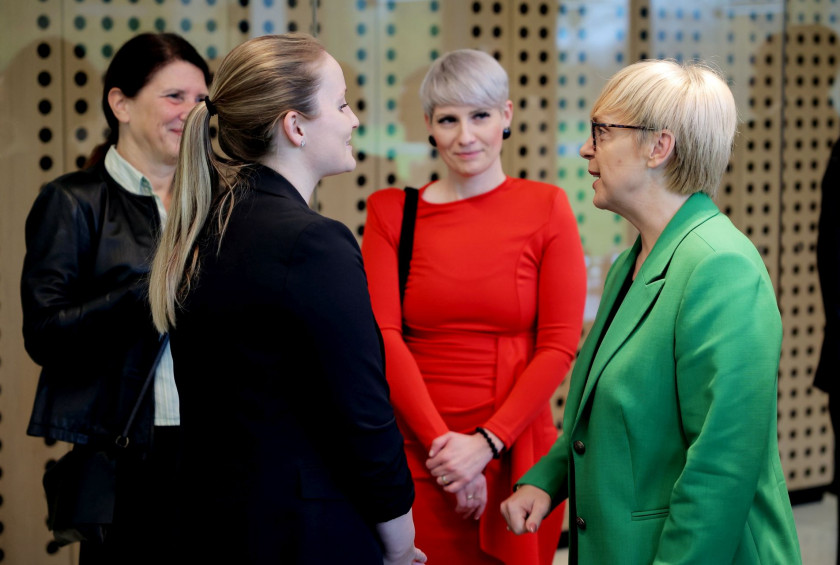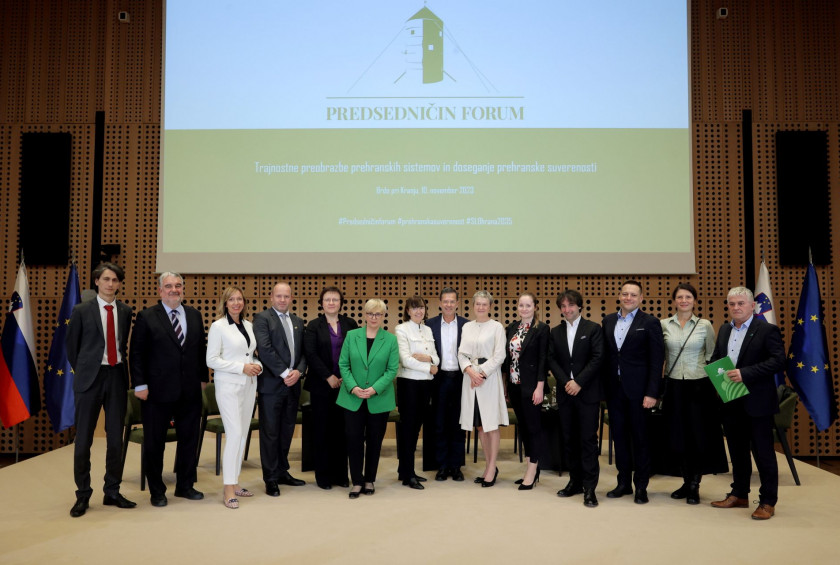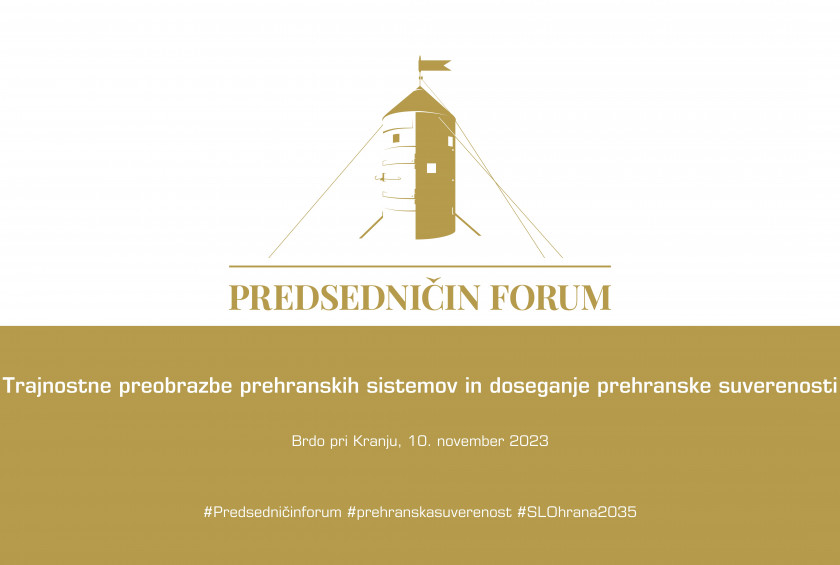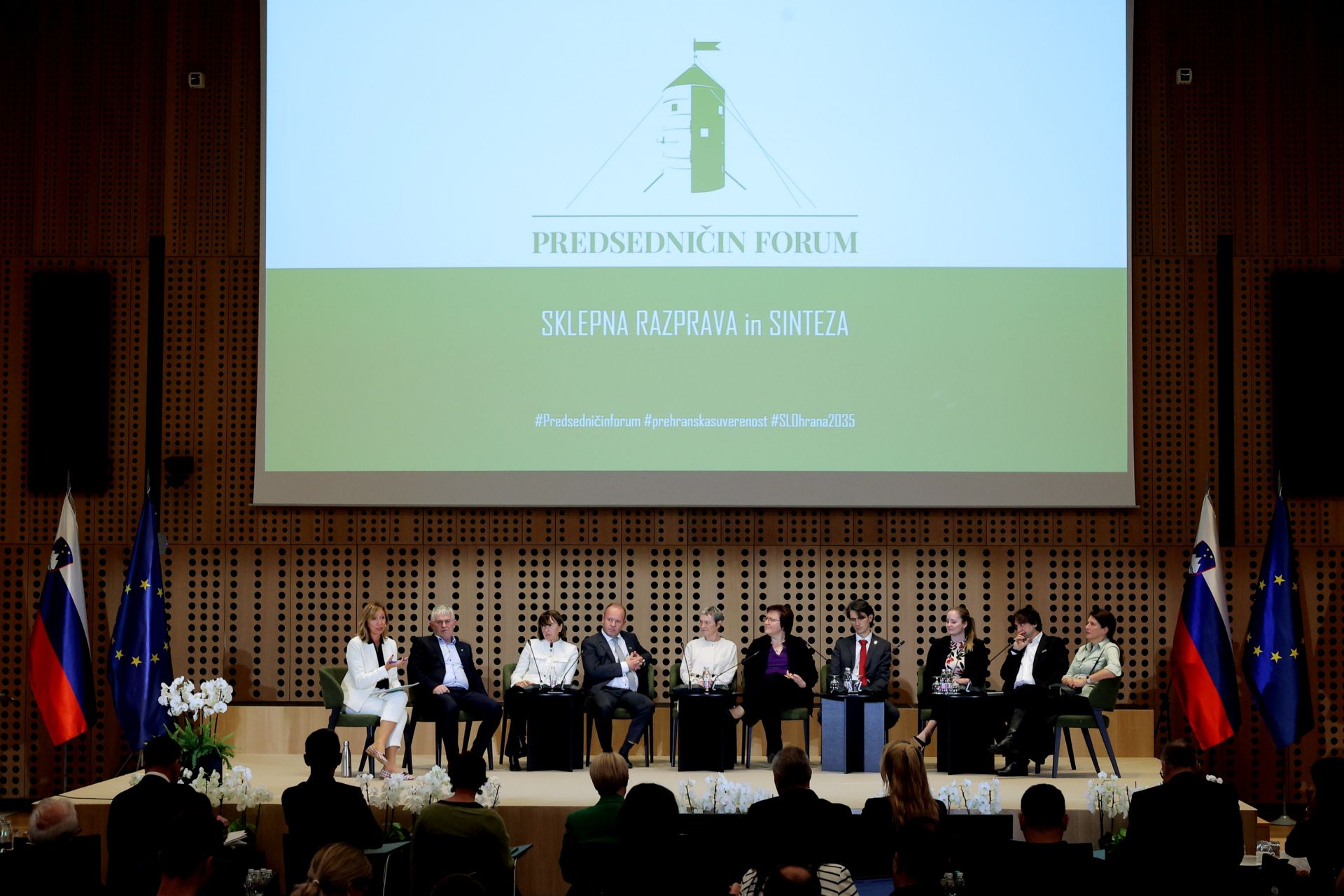
Second President's Forum: "Food and food systems must be perceived in the context of the current world situation"
Today, the President of the Republic of Slovenia, Nataša Pirc Musar, hosted a President's Forum entitled "Sustainable Transformations of Food Systems and Achieving Food Sovereignty". This was the second in a series of President's Forums that will be held throughout her term of office and will cover topics of strategic importance for the future of Slovenia and its people.
Brdo pri Kranju, 10 Nov 2023
In her opening address, the President of the Republic announced that the participants would discuss the concept of food sovereignty, which encompasses aspects of security, dependence, and a country's own capacity to cope with and respond to a given challenge. She defined the purpose and objective of the Forum to be the search for concrete solutions, followed by their implementation in cooperation with the Government, which would help to strengthen food sovereignty in the country. She stressed that in this area, the country urgently needs a vision and bold, decisive leadership, with clear objectives and elaborate measures to achieve them: "I believe that a clear vision would mobilise all those involved in the food chain, as it would serve as a wake-up call. The absence of a vision or its lack of clarity are not circumstances in which we can expect much change." In saying this, she thanked the representatives of the Government of the Republic of Slovenia present: Minister Matjaž Han, State Secretary Dr Blaž Germšek, and a large delegation of colleagues from the Ministry of Agriculture, Forestry and Food, the Ministry of the Environment, Climate and Energy, and the Ministry of Natural Resources and Spatial Planning, who expressed their interest and willingness to take steps together to improve food sovereignty in Slovenia.
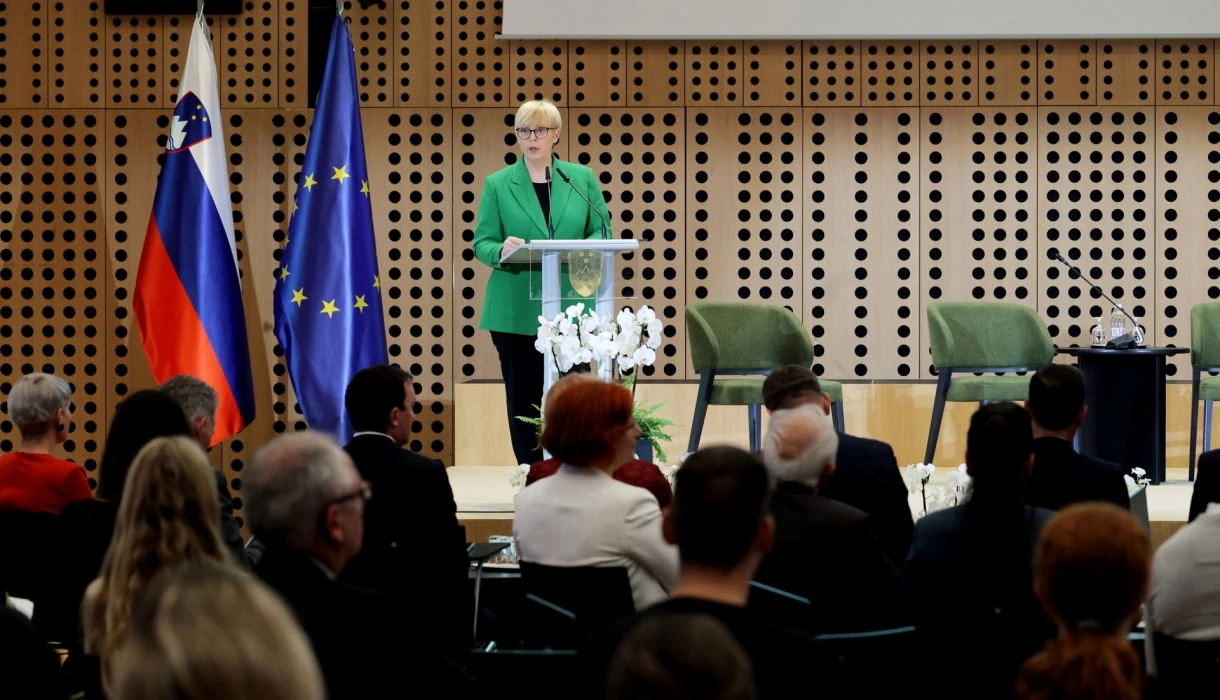
"Food as a strategic commodity and food systems as a tool contributing to its accessibility must be perceived in the context of the current world situation, whereby I mean, in particular, the climate crisis and the consequences of climate change, natural and environmental disasters, extreme weather events, and conflicts," stressed President Pirc Musar, adding that Slovenia, in pursuing its agenda as a non-permanent member of the Security Council, will have to take into account these challenges, which are already manifesting themselves as security issues, and that it is therefore very important how they are addressed at home: "Good practice at home will give us greater visibility, but also legitimacy when we propose tried and tested solutions to the world," she stated clearly.
She identified as key issues for discussion (a) the ways and conditions under which the food chain system will be able to provide enough quality food to be less dependent on imports and various economic risks; (b) increasing value added and productivity and better integration of the agri-food chain; and (c) adapting to climate change and extreme weather events.
The President's Forum was also attended by Minister of the Economy, Tourism and Sport Matjaž Han and State Secretary Mag. Dejan Židan, State Secretary at the Ministry of Agriculture, Forestry and Food Dr Blaž Germšek and a large delegation of his colleagues, Tina Hočevar from the Office of the Minister of the Environment, Climate and Energy, and Head of the Natural Values and Protected Areas Division of the Ministry of Natural Resources and Spatial Planning Mag. Suzana Zupanc Hrastar.
In his address, Minister Han stressed that the issue of ensuring a sustainable food system and food sovereignty is particularly important at a time when the effects of climate change are already visible and, on the other hand, the world's security situation is heightened and rivalry among global economic superpowers is an issue, which has a significant impact on the world's supply chains: "Today, sustainable production and sovereignty or self-sufficiency in key products and services can therefore no longer be a matter of choice, but are an imperative." He pointed to the need for dialogue to find the best social consensus on the future direction of food policy.
State Secretary Dr Blaž Germšek stressed that, in addition to digitalisation, systematic investment in the resilience of food production will be of key importance: "Extreme droughts followed by floods and storms now require a different approach. It is no longer a question of what our agriculture will be like in 2050 or 2100, but what our agriculture will be like tomorrow," he said, noting that the adaptation gap is closing quickly. "It will no longer be sufficient to support occasional modern investments that build resilience in agriculture," underlined Dr Germšek.
Tina Hočevar, from the Office of the Minister of the Environment, Climate and Energy, stressed that achieving sustainability requires changes in all sectors: "In food terms, this means towards promoting organic production, increasing the supply of fruit and vegetables, and reducing food waste," she said.
The opening session of the Forum was also addressed by Mag. Igor Mervič, special plenipotentiary of the President of the Republic for economic affairs, and Dr Emil Erjavec, professor of agrarian policy and economics at the Biotechnical Faculty of the University of Ljubljana, who was the Forum's special rapporteur.
